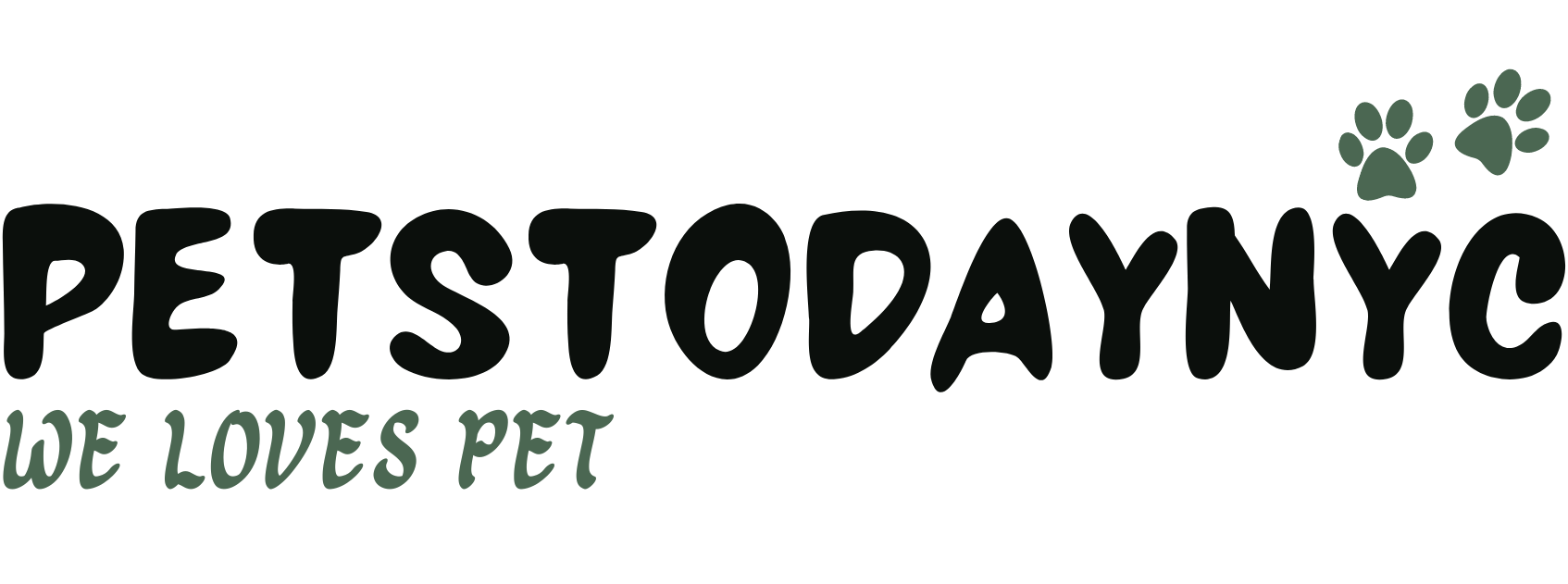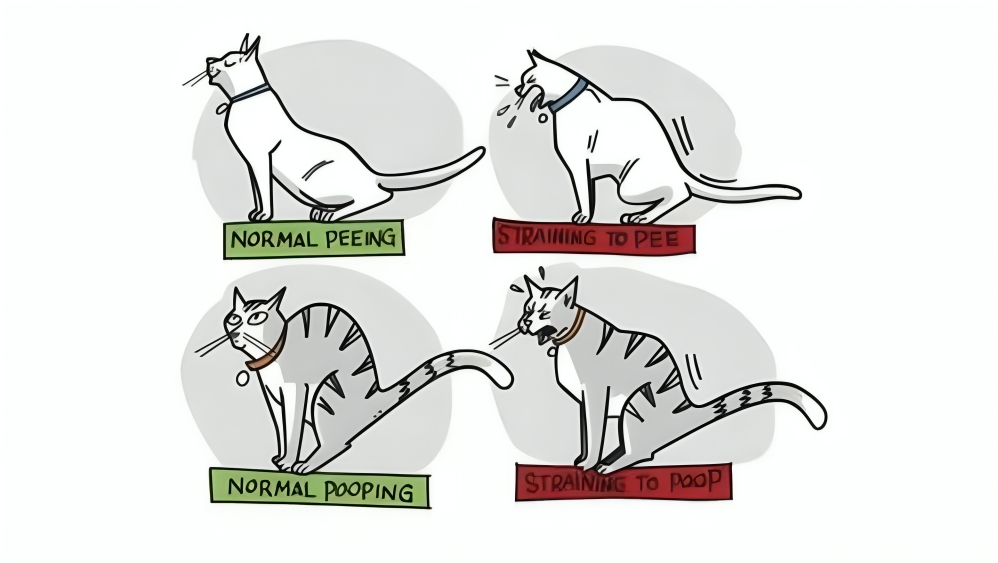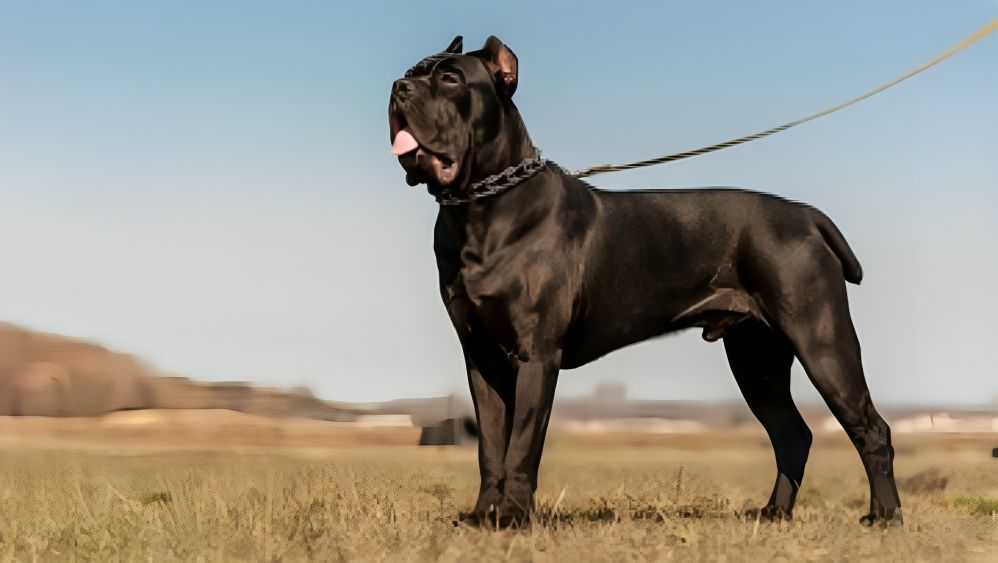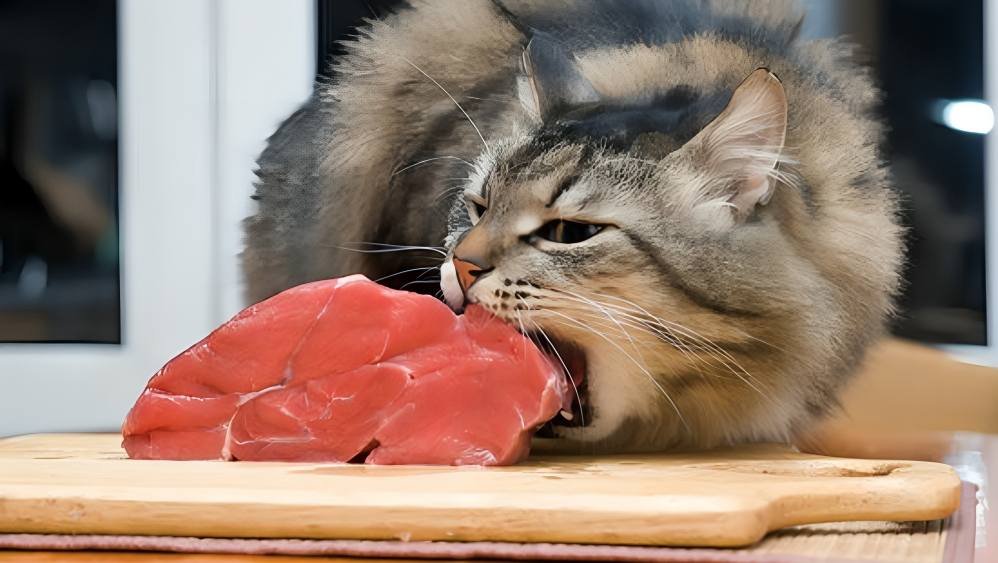Choosing the Best Cat Food for Constipation: A Comprehensive Guide
Cats are beloved members of our families, and their well-being is a top priority for any responsible pet owner. One common health issue that cat owners may encounter is constipation. Just like humans, cats can experience digestive problems, and providing the right nutrition is crucial in maintaining their overall health. In this comprehensive guide, we will delve into the world of cat food, exploring the causes of constipation, the importance of proper nutrition, and the best cat food options to alleviate and prevent constipation in your feline friend.
READ MORE…..
Understanding Constipation in Cats:
Constipation in cats is a condition characterized by infrequent or difficult bowel movements. It can be caused by various factors, including dehydration, inadequate fiber intake, lack of exercise, hairballs, or underlying health issues. Recognizing the signs of constipation is essential for early intervention. Symptoms may include straining in the litter box, small or hard stools, vomiting, lethargy, and loss of appetite. If you observe any of these signs, it’s crucial to consult with your veterinarian to rule out any serious underlying health problems.
The Role of Nutrition in Preventing Constipation:
Proper nutrition plays a vital role in maintaining a cat’s digestive health and preventing constipation. Cats are obligate carnivores, meaning their diet should primarily consist of animal-based proteins. A balanced and species-appropriate diet helps ensure that your cat receives essential nutrients and fiber for optimal digestive function. Here are key nutritional considerations to address constipation:
High-Quality Protein:
Cats require a diet rich in high-quality animal proteins to meet their nutritional needs. Look for cat foods with named meat sources, such as chicken, turkey, or fish, as the primary ingredients. Protein supports muscle tone, including the muscles of the digestive tract, promoting regular bowel movements.
Fiber Content:
Adequate fiber is essential for maintaining healthy bowel function. Soluble and insoluble fibers can help regulate stool consistency and promote the movement of food through the digestive tract. However, too much fiber can have the opposite effect, so finding the right balance is crucial.
Hydration:
Dehydration can contribute to constipation, so it’s important to ensure your cat has access to fresh water at all times. Wet cat food or adding water to dry kibble can also contribute to your cat’s overall water intake.
Probiotics:
Probiotics are beneficial bacteria that support a healthy gut microbiome. They can aid in digestion and promote the balance of gut flora. Some cat foods are formulated with added probiotics to support digestive health.
Cat Constipation Causes:
Cat constipation can be caused by various factors, and identifying the underlying cause is important for proper treatment. Here are some common causes of constipation in cats:
Dietary issues:
Insufficient fiber in the diet can lead to constipation. Cats that primarily eat dry kibble may not be getting enough moisture, which is essential for proper digestion.
Dehydration:
Lack of water intake can contribute to constipation. Cats may not drink enough water, especially if they are on a dry food diet.
Hairballs:
Cats groom themselves by licking, and they may ingest a significant amount of hair. Hairballs can accumulate in the digestive tract, leading to constipation.
Obstruction:
Foreign objects, such as pieces of toys or bones, may obstruct the digestive tract, leading to constipation.
Inactivity:
Lack of physical activity can contribute to constipation. Cats that are sedentary or obese may be more prone to constipation.
Underlying medical conditions:
Various medical conditions, such as megacolon (enlarged colon), pelvic injury, or tumors, can lead to constipation.
Medications:
Some medications may have constipation as a side effect. If your cat is on any medication, consult with your veterinarian to determine if it could be contributing to the issue.
Anal gland problems:
Impacted or infected anal glands can cause discomfort and lead to constipation.
If you suspect that your cat is constipated, it’s essential to consult with a veterinarian for a proper diagnosis and treatment plan. Treatment may involve changes in diet, increased water intake, and, in some cases, medications to address the underlying cause. Severe cases may require more intensive veterinary intervention, such as enemas or surgery. Regular veterinary check-ups and maintaining a healthy diet and lifestyle can help prevent constipation in cats.
Choosing the Best Cat Food for Constipation:
Now that we understand the nutritional factors that contribute to digestive health in cats, let’s explore some of the best cat food options designed to alleviate and prevent constipation:
High-Quality Wet Cat Food:
Wet cat food has higher moisture content than dry kibble, promoting hydration and aiding in digestion. Look for formulas that prioritize real meat as the main ingredient and avoid artificial additives.
Fiber-Rich Cat Food:
Some cat foods are specifically formulated to address digestive issues, including constipation. These formulas often contain a balanced blend of soluble and insoluble fibers to support optimal bowel function.
Limited Ingredient Diet (LID) Cat Food:
Cats with food sensitivities or allergies may benefit from a limited ingredient diet. These formulas typically have a shorter ingredient list, making it easier to identify and eliminate potential triggers for digestive issues.
- Single Protein Source: LID cat foods often use a single animal protein source, such as chicken, turkey, fish, or lamb. This helps in identifying and avoiding specific proteins that may be causing allergic reactions in some cats.
- Limited Carbohydrates: These diets usually contain a reduced number of carbohydrates. Common carbohydrate sources may include ingredients like peas or sweet potatoes.
- Avoidance of Common Allergens: Ingredients that are known to be common allergens, such as soy, dairy, corn, and wheat, are typically excluded from LID cat food formulations.
- Digestibility: LID cat foods aim to provide easily digestible ingredients to support cats with sensitive stomachs or digestive issues.
- Balanced Nutrition: Despite the limited number of ingredients, reputable LID cat foods are formulated to meet the nutritional needs of cats, including essential vitamins, minerals, and nutrients.
- Veterinary Guidance: If you suspect your cat has food allergies or sensitivities, it’s important to consult with your veterinarian before switching to a LID cat food. A veterinarian can help determine the underlying cause of any issues and recommend an appropriate diet.
- Transition Period: When introducing a new cat food, including a LID formula, it’s crucial to transition gradually. Mix the new food with the old food over several days to allow your cat’s digestive system to adjust.
Homemade Cat Food:
For pet owners who prefer a more hands-on approach, homemade cat food allows for precise control over ingredients. Consult with your veterinarian to ensure your homemade cat food meets all nutritional requirements.
Prescription Diets:
In severe cases of constipation or underlying health conditions, your veterinarian may recommend prescription diets tailored to address specific digestive issues. These diets are formulated to provide therapeutic support for various health concerns.
Conclusion:
Maintaining your cat’s digestive health is a crucial aspect of responsible pet ownership. By understanding the causes of constipation and prioritizing proper nutrition, you can help prevent and alleviate this common issue. Choosing the best cat food for constipation involves selecting high-quality, balanced options that meet your cat’s unique dietary needs. Always consult with your veterinarian to develop a personalized feeding plan that addresses your cat’s specific health requirements. With the right approach to nutrition, you can ensure your feline companion enjoys a happy and healthy life free from the discomfort of constipation.



